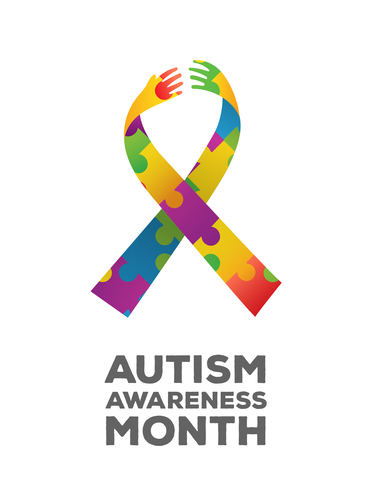He was born in Austria in 1906. As a child, making friends didn’t come easily and he was considered lonely and remote, but he was talented in language. In particular he had an interest in poetry.

He was known to quote his favorite Austrian poet to classmates—not that they were interested. He also quoted himself, and sometimes referred to himself in the third-person. He displayed characteristics of the condition that would one day bear his name.
When he was older he studied medicine in his home country, earned his medical degree and became director of special education at a childrens’ clinic—all by the time he was 26. A few years later, he got married and eventually had five children of his own.
He identified in four boys a pattern of behavior and abilities that included:
- a lack of empathy,
- little ability to form friendships,
- one-sided conversations,
- intense interest in a special subject,
- and clumsy movements
He called them “little professors” due to their ability to discuss their favorite subject in great detail. Some of the children he diagnosed went on to great careers, among them a professor of astronomy and a Nobel Prize in Literature laureate.
When he died in 1980, he wasn’t well-known outside of Vienna, partly because his findings had yet to be translated from his native German. Since then, his findings have become renowned the world over. Today, the condition he identified, and may well have had, is named after him.
His name? Dr. Hans Asperger. And now, as the late Paul Harvey would say, you know the rest of the story.
by Ken Kellam
Ken Kellam III was diagnosed with Asperger Syndrome in his late 30’s, and has worked with Autism Treatment Center of Texas since 2003. He is currently the administrative assistant to the clinical director. He also helps facilitate three different self-advocate groups, and in the Spring of 2015 was presented with the “Angel Award” by the National Autism Association of North Texas for the works he has done with these groups. He has also done public speaking on the subject of autism/Asperger syndrome, and has spoken to various educational and parental groups. When not involved with autism, Ken has led the singing at the same church since 1988, and has also been the fill-in preacher at this same church. In 2006 he was called on to sing the National Anthem at the Autism Society of America’s national convention in Dallas, and performed the same song at ATC’s rodeo fundraiser. He also enjoys writing, and formerly wrote articles for a website dedicated to reality television. In 2011 he got married for the first time, and his wife Rachel works for ATC in Adult Services. Ken graduated from Oklahoma Christian University in 1987 with a Bachelor’s in Mass Communications, and once worked as a radio traffic reporter, interactive announcer and writer, and news producer in Dallas. He views Asperger’s as a difference, not a defect, and has come to appreciate the positive aspect’s of Asperger’s.



When I started your column, I assumed you would be sharing and elaborating on the information published here a little over a week ago: https://www.nytimes.com/2018/03/31/opinion/sunday/nazi-history-asperger.html
I have been looking on various Asperger’s related sites since then to see how groups were going to process the “new” information. For our family, the Asperger’s label has been an important one– it just seems to describe the characteristics and experience of our daughter much better than “Autism Spectrum Disorder” or “High Functioning Autism.” However, I am sympathetic the argument that someone who aligned with the Nazis and who had a hand in the extermination of children should not be honored or elevated in status. What do others think?